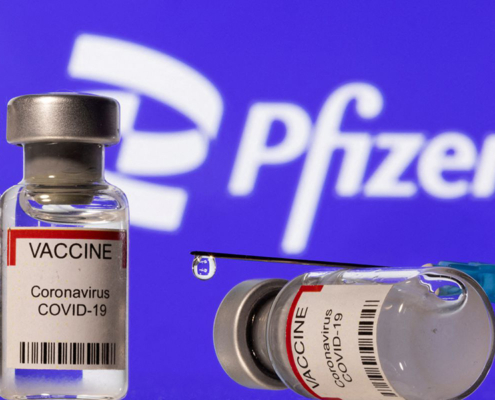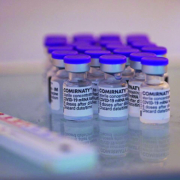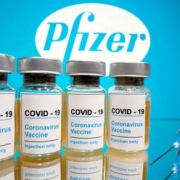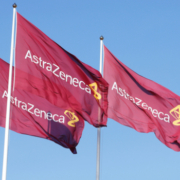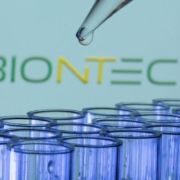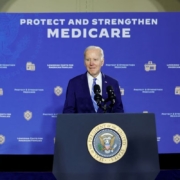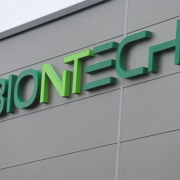Pfizer expects to hike U.S. COVID vaccine price to $110-$130 per dose
Pfizer expects to hike U.S. COVID vaccine price to $110-$130 per dose
By Michael Erman
NEW YORK, Oct 20 (Reuters) – Pfizer Inc. expects to roughly quadruple the price of its COVID-19 vaccine to about $110 to $130 per dose after the United States government’s current purchase program expires, Pfizer executive Angela Lukin said on Thursday.
Lukin said she expects the vaccine – currently provided for free to all by the government – will be made available at no cost to people who have private insurance or government paid insurance.
Reuters earlier on Thursday reported that Wall Street was expecting such price hikes due to weak demand for COVID vaccines, which meant vaccine makers would need to hike prices to meet revenue forecasts for 2023 and beyond.
The U.S. government currently pays around $30 per dose to Pfizer and German partner BioNTech SE (22UAy.DE). In 2023, the market is expected to move to private insurance after the U.S. public health emergency expires.
“We are confident that the U.S. price point of the COVID-19 vaccine reflects its overall cost effectiveness and ensures the price will not be a barrier for access for patients,” Lukin said.
It is not yet clear what kind of access people without health insurance will have to the vaccine.
Pfizer said it expects the COVID-19 market to be about the size of the flu shot market on an annual basis for adults, but that the pediatric market would take longer to build based on shots given so far.
So far the U.S. rollout of updated COVID-19 booster shots which target both the original coronavirus strain and the Omicron strain has lagged last year’s rate despite more people being eligible for the shots.
Around 14.8 million people in the U.S. received a booster shot over the first six weeks of the rollout of the new shots. In the first six weeks of the 2021 revaccination campaign, over 22 million people received their third shot even though only older and immunocompromised people were eligible at that point.
Lukin said she does not expect purchasing of the vaccines to transfer to the private sector until the first quarter of 2023 “at the earliest.” The move is dependent on the government contracted supply being depleted.
Our Standards: The Thomson Reuters Trust Principles.
Source: Reuters

